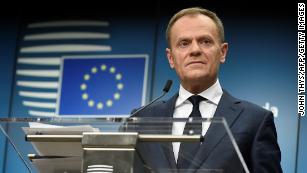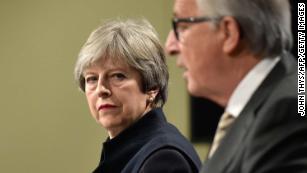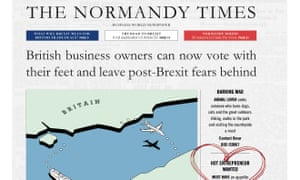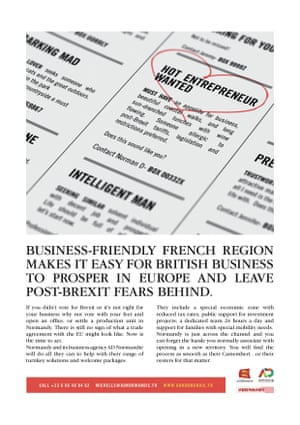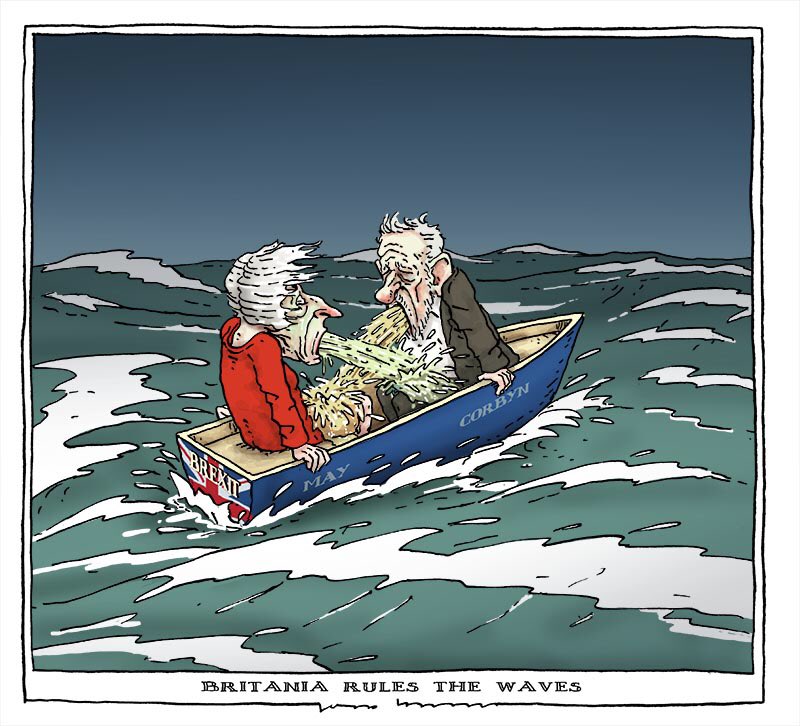From 'titanic success' to 'Mad Max': How language around Brexit changed
Updated 7:34 AM ET, Tue March 27, 2018
London (CNN)Britain will leave the European Union on March 29, 2019 -- but quite what Brexit will entail depends on who you listen to.
In the early days, Brexit supporters talked of making Britain a "colossal success" and forging the country's own path in the world while keeping a "deep and special partnership" with Europe.
But now, as the reality of Brexit becomes clearer, the rhetoric has been dialed back.
Starting off
Newly installed as Prime Minister in July 2016, Theresa May struck a bullish tone, promising that "Brexit means Brexit." At first, the slogan appeared decisive -- but in the absence of more concrete definition, it became quickly mocked.
Amid much talk of a "hard Brexit" or a "soft Brexit," May then promised a "red, white and blue Brexit," which sounded patriotic but again gave little in the way of detail. But she remained positive, insisting Britain would be leaving the European Union, rather than leaving Europe, while repeatedly advocating that "deep and special partnership" with the EU.
Her decision to hold a snap election in June last year brought lexical complications. Instead of receiving her desired strengthened mandate, May's vote collapsed and she was forced instead into a deal with the Democratic Unionist Party of Northern Ireland to prop up her government.
That deal brought a whole new raft of problems, especially the thorny issue of the Northern Irish border. Pressured for answers over the rights of European citizens, the Brexit divorce bill and Northern Ireland, May's go-to phrase became the apparently reassuring, "nothing is agreed until everything is agreed."
But even with a transitional deal now agreed, Brexit politicians still face challenges that must be explained, not least the future relationship between the UK and EU.
Brexit secretary David Davis, appointed as the man to lead Britain in negotiations, began by promising "there will be no downside to Brexit, only a considerable upside."
Fast-forward to February 2018 and the rhetoric has changed markedly, Davis instead seeking to assure that Britain will not be "plunged into a Mad Max-style world borrowed from dystopian fiction."
So how did Brexit move from having no downside to reassuring that the country would be saved from a "race to the bottom"?
In September, Davis told a UK parliamentary committee that "nobody has ever pretended this would be simple or easy" -- a comment met with laughter, as Liam Fox, the government's international trade secretary, had previously said exactly that.
If you didn't want to take Fox's word for it, there were the comments of UKIP's Gerard Batten who said that trade relations with the EU could be sorted out in "an afternoon over a cup of coffee."
Or you could even listen to Davis' assertion that "within minutes of a vote for #Brexit CEO's would be knocking down Chancellor Merkel's door, demanding access to the British market."
You can't blame government ministers for wanting to talk things up. After all, the reality often appears so grim. Prospects of a bespoke trade deal with the EU, as Davis had promised, appear thin. Add to that the leak of government papers which suggest the UK economy would be severely hit by leaving the EU.
Unfortunately, with a tendency to make unguarded off-the-cuff remarks, Davis hasn't always helped himself.
"What's the requirement of my job? I don't have to be very clever, I don't have to know that much, I do just have to be calm," Davis told LBC Radio in December, in an interview leapt on by his opponents.
Like Davis, Fox has also courted controversy with his comments, particularly over the UK's quest to secure a free trade deal with the EU.
"The free trade agreement that we will have to do with the European Union should be one of the easiest in human history," he said.
Unfortunately for Fox, his prediction landed somewhat wide of the mark.
Negotiations have been anything but easy. Britain has been accused of "cherry picking" and "having its cake and eating it," while Fox's own former adviser Martin Donnelly said Brexit was like "giving up a three- course meal for the promise of a packet of crisps."
To continue the food analogy, Fox remains ravenous in his pursuit of trade deals and has been traveling across the globe to drum up interest.
But even Fox is beginning to change his tune over the negotiations with the EU.
"I don't think they're [the negotiations] difficult in terms of the trade law or the trade negotiations themselves. The difficulty is the politics," he said in October 2017.
Foreign Secretary Boris Johnson has been at the forefront of Brexit from the start. He became a central fixture in the leave campaign, steering the country out of the European Union and declaring it would be a "Titanic success." (It was perhaps not the best choice of words, on reflection.)
In June 2016 Johnson said that even if the UK left the EU, "there will continue to be free trade, and access to the single market."
Fast forward to February 2018 and Johnson is backtracking, claiming that the economic benefits of single market membership "are nothing like as conspicuous or irrefutable as is sometimes claimed."
The UK government has already said it will withdraw from the single market and the customs union, rendering Johnson's remarks of June 2016 superfluous.
The EU is not messing around either. EU Council President Donald Tusk says any agreement on trade between the two parties will "make it more complicated and costly than today for all of us. This is the essence of Brexit."
While a deal on Britain's payment of the Brexit divorce bill, rights of EU citizens and Northern Ireland was agreed in December, Johnson is only too aware of the division within public opinion.
And the man who once said that Britain would make a "titanic success" of Brexit, has also adopted a more conciliatory tone in recent weeks.
Johnson's speech on February 14 was billed as a love letter to remainers, reaching out to those who "still have anxieties" by telling them "Brexit can be grounds for much more hope than fear."
But perhaps, with just a year to go until Britain leaves the EU, the last word is best left to outspoken leave supporter and Conservative MP, Jacob Rees-Mogg. The upcoming transition period would be tough, but worth the wait: Akin to "purgatory before getting into heaven."
Brexit: From a 'titanic success' to avoiding a 'Mad Max dystopia' - CNN
.
.
.
